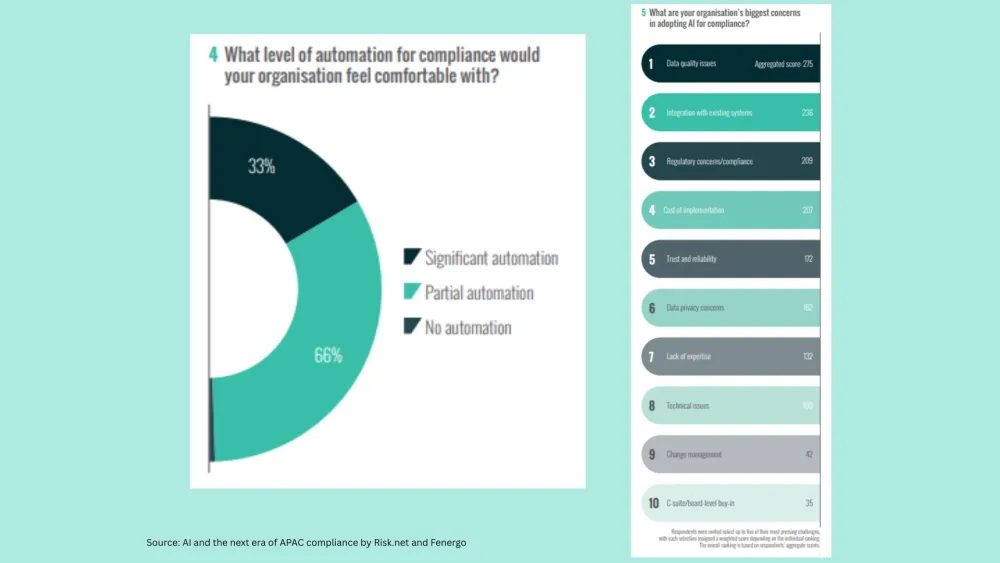
What risks do Indonesian banks' rapid pace of loan restructuring pose?
They allow the banks to defer the recognition of NPLs.
Moody's Investors Service says that Indonesian banks will maintain a rapid pace of loan restructuring in 2016, because of the government's relaxation in August 2015 of guidance on such loans, and based on Moody's outlook of a further slowdown in Indonesia's economic growth.
"The increasing readiness of banks in Indonesia to restructure loans indicates that they are deferring the recognition of impaired loans and understating their provisioning needs, as they deal with rising and spreading delinquencies, against the backdrop of a slowing domestic economy," says Simon Chen, a Moody's Vice President and Senior Analyst.
Here's more from Moody's:
Chen explains that the Indonesian government's relaxation in 2015 of guidance on loan restructuring will extend the trend of restructured loans exceeding the total amount of non-performing loans (NPLs).
The current economic and credit environment also warn of a continued risk of default on loans that are restructured. For example, the strong growth in loan restructuring in 2015 was accompanied by depressed oil and commodity prices, as well as a marked deterioration in the financial standing of Indonesian corporates. "While the banks' rising restructured loans represent a growing downside risk to their credit profiles, the current impact of such loans is limited by the system's strong core profitability," adds Chen.
Moody's sensitivity analysis nonetheless points to large variations in the banks' exposures to the issue of restructured loans. Such variations will represent key drivers of their individual credit performance. Moody's analysis is contained in its just-released report titled "Indonesian Banks: Rapid Loan Restructuring Reflects Weaker Asset Quality, but Buffers Remain Strong to Absorb Loan Losses," and is authored by Chen.
Moody's report points out that a key challenge related to the increase in restructured loans is that they allow the banks to defer the recognition of NPLs, which in turn risks not only masking the true extent of the deterioration in the banks' asset quality and credit costs, but also overstating their provision coverage and earnings.
Moody's estimates that if the banks recognize 30% of their outstanding restructured loans as NPLs, they will raise their average credit costs to 2.4% of gross loans, from the current 1.9%, and reduce their provision coverage by in excess of 40 percentage points to around 90%. While most Moody's-rated banks in Indonesia can maintain their credit profiles under such a scenario—because of their strong profit buffers—banks that show large or strong increases in their restructured loans, such as Bank Permata and Bank ICBC Indonesia, will see a marked deterioration in their financial profiles.
At end-2015, restructured loans among the 20 largest banks in Indonesia by assets climbed to 3.0% of total gross loans from 1.5% at end-2013.



















 Advertise
Advertise













